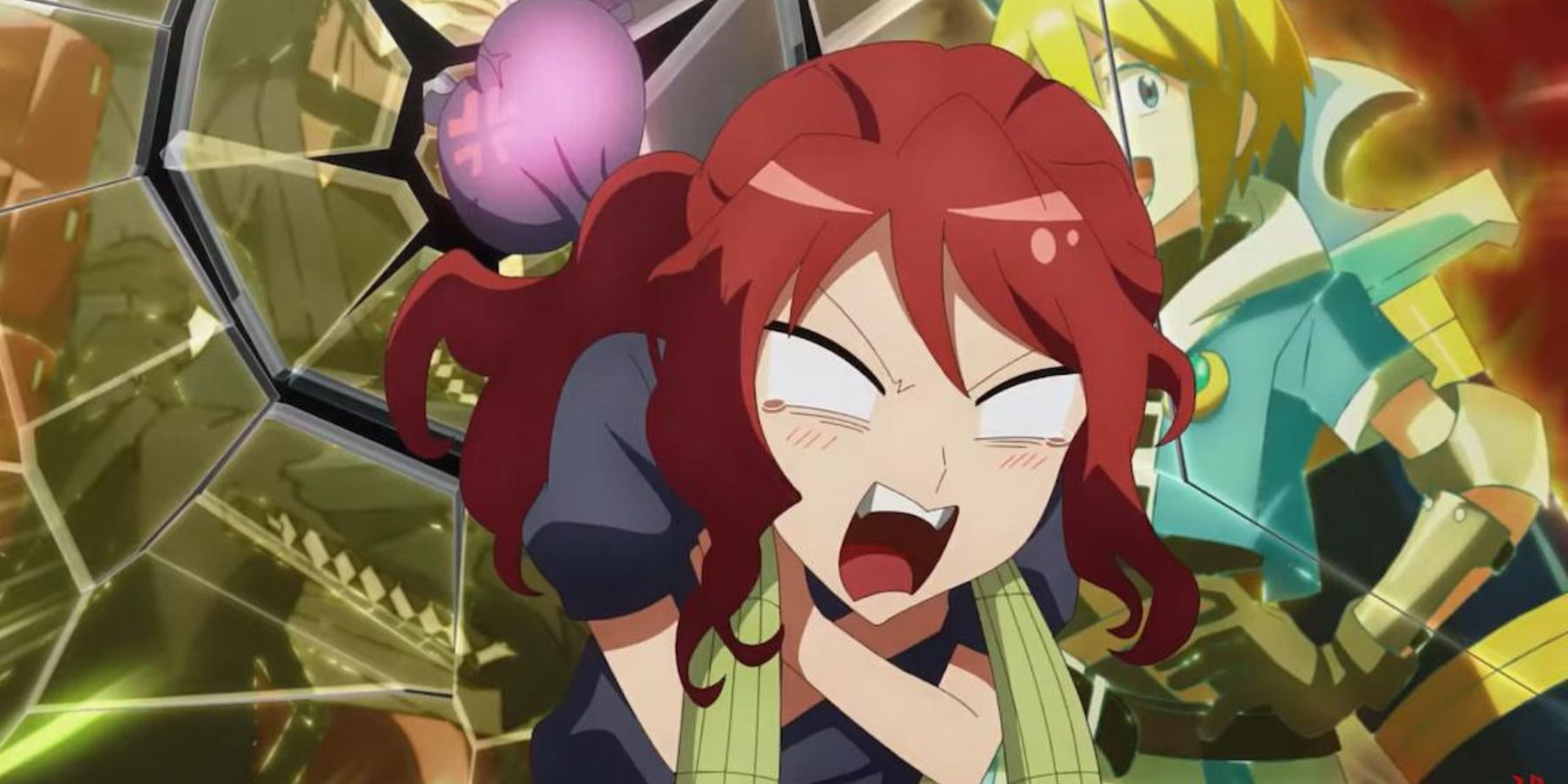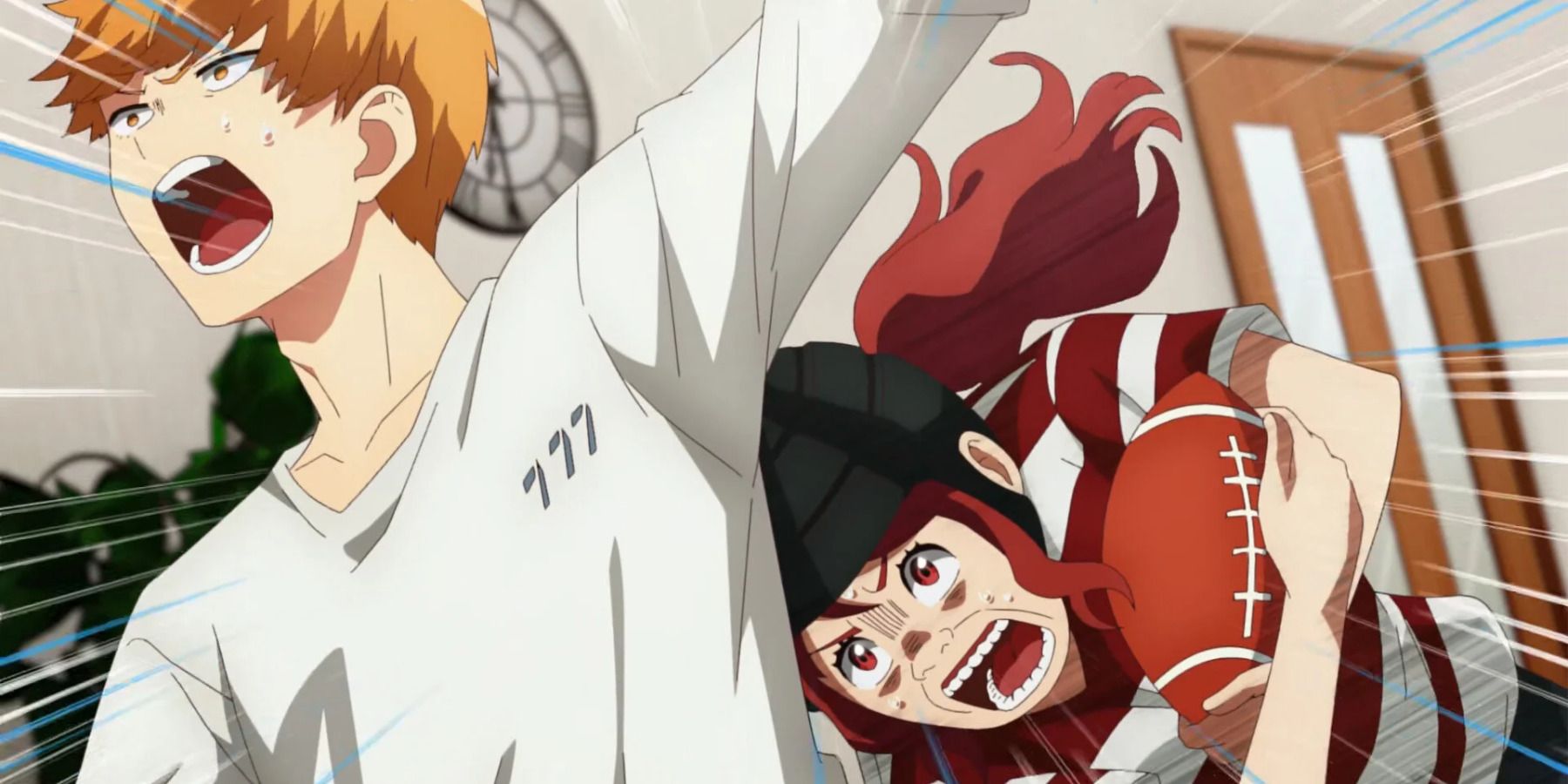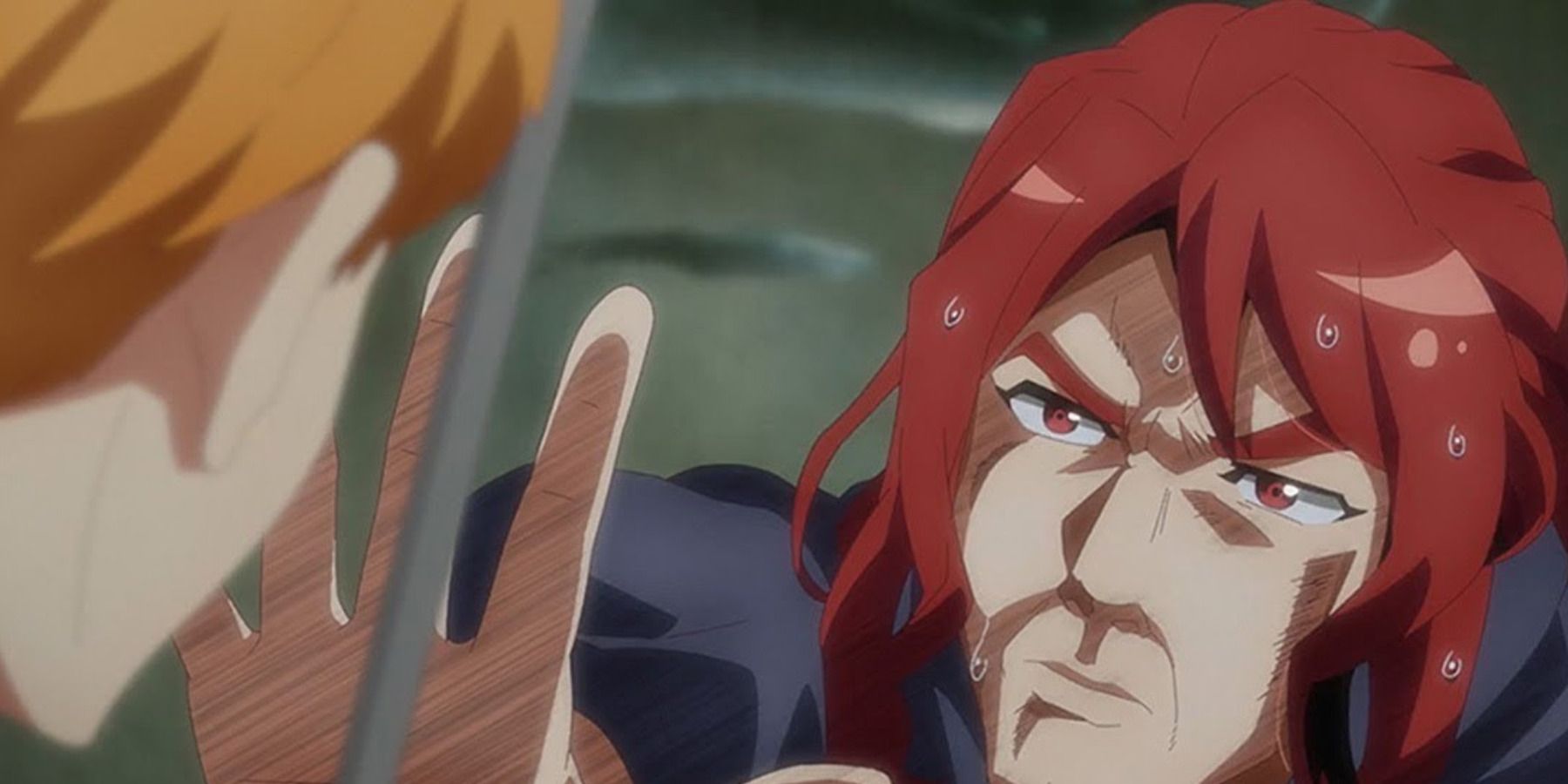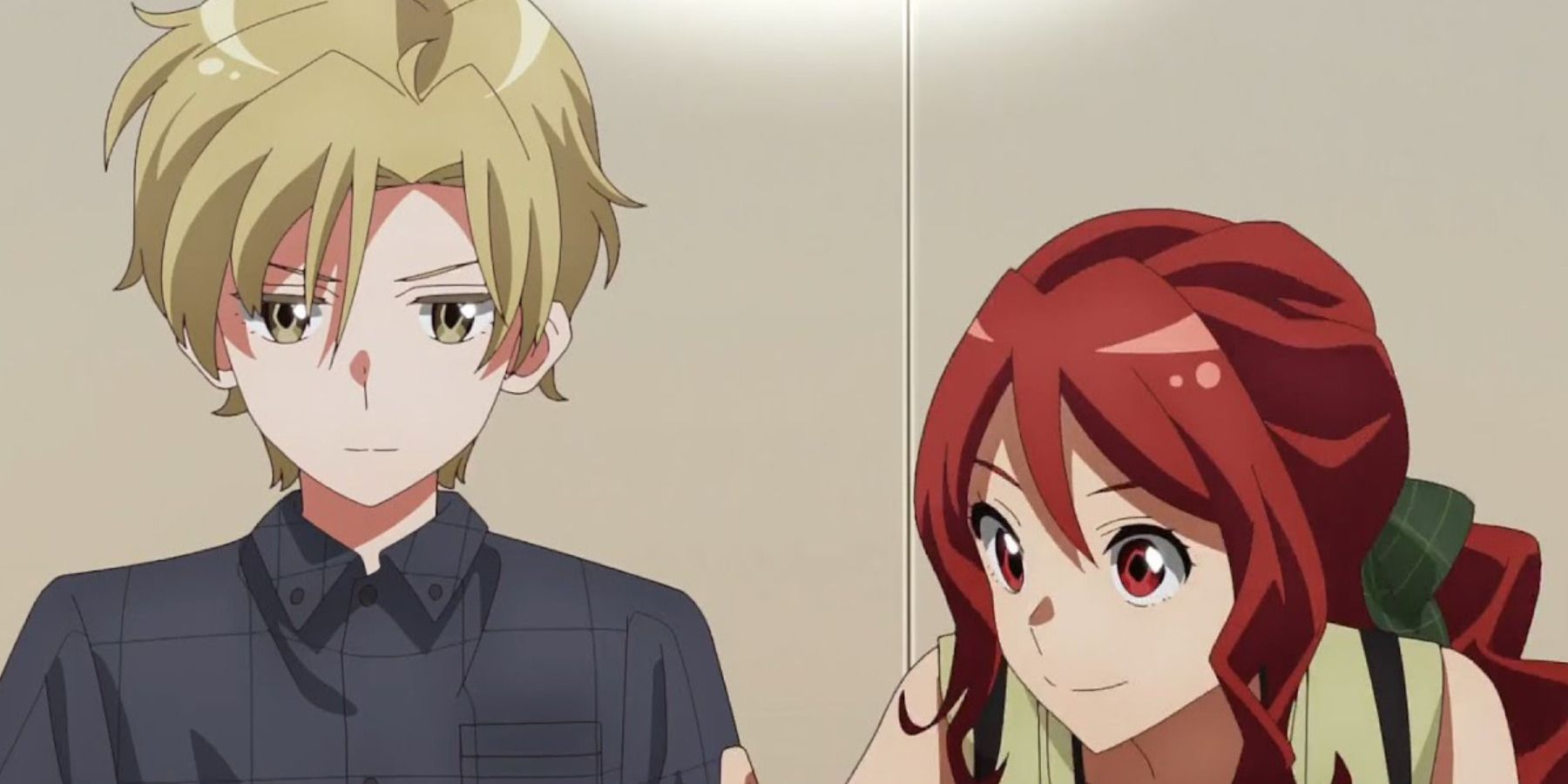This Contains Spoilers For Romantic Killer
Some of the most recent Isekai shonen animes have been breaking gender tropes/stereotypes that have unfortunately been long propagated by shojo animes, i.e., intended for females, which gives a wisp of fresh air into some tropes that should be completely abolished from the latter, in an era that welcomes more inclusion, diversity, and bans old-fashioned stereotypes. When Romantic Killer brings into the scene the most common tropes used in typical shojo stories, the main character, Anzu Hoshino, does not act like the typically stereotyped female from the shojo anime tropes. Does this mean Romantic Killer is deconstructing gender stereotypes?
The “nobody girl meets popular boy” is a very common trope in shojo stories, and Romantic Killer uses that and makes some nice twists when using this and other shojo common tropes. Anzu is not exactly a "nobody", she has no social or love life because she chooses this path. She would rather spend her time playing video games, or spend time with her cat, and eating chocolate, her three passions, which are taken away from her now that she "needs" to play the otome game that her life turned into.
The Magic Girl Enters The Scene
The magical girl Riri enters the scene and even states that "for the sake of Japan's future", which is an indirect comment on what is expected of women in their alleged "place in the society", but also has become specifically a cause for concern in Japan, with women wanting to be recognized as individuals, not their supposed role in society, it is known that the population in Japan is dwindling since the number of people, especially women, who are focusing on their careers and personal lives and show no intention of getting married and constituting families with kids is increasing.
Firstly, Anzu meets more than one popular boy during the course of this anime. And, when she meets them, the reversed harem trope is also used to show how human relations propel friendship and personal growth, while not focusing fully on romance, even though there are romantic feelings involved. Then, the viewer is faced with reactions from her that are not those typically expected from shojo anime female leads, and the boys also present peculiarities that make them stand and be perceived as interesting and atypical love interests, because they bend stereotypes, thus being more likable.
Tsukasa, the first of the popular boys Anzu meets in this new scenario in her life, has a secret, that is only hinted at in the beginning and gets to be fully unveiled and explored a little more deeply later on in the anime, which also breaks stereotypes and tropes since he is not the image of perfection – well, the good thing about the characters of this rom-com is that none of them are, and that is why they feel so real and relatable.
Breaking The Rules
Even though the dynamic of the female-led shonen is occasionally gender-inverted, what we see in Romantic Killer follows different paths as regards what is expected - or not – by social conventions from both genres. The meta-structure is there in Romantic Killer as well. There are moments when Anzu questions herself because she is reproducing actions that are typical of dating sims and shojo tropes. This can be regarded as criticism too because people tend to reproduce unfortunate tropes and stereotypes in real life as well since they are commonly sold as being the norm as regards gender behaviors.
To ridicule the cringeworthy situations in which Anzu finds herself when the ikemen she ends up meeting create some sort of supposedly romantic situations, she is drawn with very cartoonish manly features, and she often wants to react with violence and has to restrain herself, since she wants her cat, her video games and chocolate back in her life.
The love triangle trope is taken a step further, and with Romantic Killer being a species of dating simulation in real life, the viewers and Anzu are given more than one ikemen to deal with. While her previous ikemen did take an interest in her because of who she is, despite being put in her life because of the game, we have a very obnoxious character who enters the scene in episode 7.
Hijiri Koganei, the uber-rich ikemen, is the typical guy who thinks he is superior and has the girl controlled because he has wealth and good looks. He says a lot of weird things because he immediately assumes Anzu threw herself against his car because she was, obviously to him only, interested in him. Since she is not only the typical female but also has a strong personality and integrity, her reactions are always true to her character. This guy is extremely conceited and arrogant, which is a deal-breaker for her, who is not even into romance but is instead forced to face ridiculous situations like this.
She feels very insulted and rejects him at once after he insists on thinking, as well as expressing his thoughts, that she is obviously into him. After leaving him in the car, she is portrayed with cartoonish manly features again, while wearing the expensive dress he bought for her, which makes everything even better, especially because it comes to a point in which, still with manly cartoonish features and wearing a dress, she explicitly states that she is a warrior who fights these stereotypes in real life. Also, she refuses and returns all of his presents to her, because she has integrity and is not for sale, a very good and very appreciated message. Also, with her rejection, he ends up seeing his behavior is not nice at all, and it leads to him changing a lot – not that women are responsible for changing men, though a wake-up call was something the spoiled brat indeed needed in his life.
The strong character-building shows how the boys, Anzu herself and her friend Saki evolve and grow up with the situations they have already faced and face together, which adds to the messages Romantic Killer has against the normalization of sexism, as well as other bad tropes.
For eons genderism, sexism, and the sexualization of females and, even worse, underage females, populated a lot of manga and anime productions, and it is more than welcome to see that this is changing, even if not at a very fast pace. Since the treatment of gender and gender relations has taken many turns over the last millennium worldwide, and it also affected how Japanese deal with these matters, obviously anime and manga reflect those changes, and watching the new developments that try and break the stereotypes and bad tropes are always welcome.
However, one might end up thinking that, since this is shonen, it would do no good to break gender stereotypes, but it is good for the gender equality cause. Like Anzu sometimes reproduces stereotypical behaviors because she was first exposed to them, boys to whom shonen anime are aimed, as well as older men and women who are into shonen and or isekai and end up watching Romantic Killer also benefit from this stereotype-breaking anime for the same reason; exposure. Then, the trope of boys will be boys can be changed into something nice in real life, with boys becoming real men who respect the woman’s individuality, personality, and needs.




